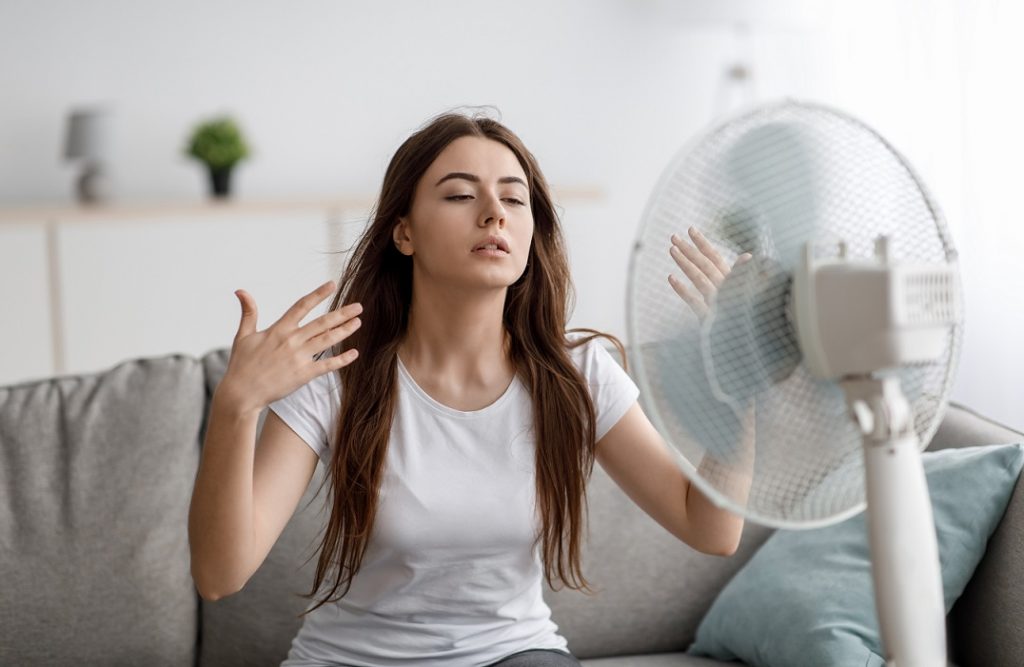As the temperatures rise, a malfunctioning air conditioning system can quickly turn your home into an uncomfortable environment. If you’ve noticed that your AC unit is struggling to keep your house cool, there are some steps you can take to troubleshoot the issue and restore a comfortable climate to your living space.
1. Check the Air Filters
Dirty or clogged air filters can significantly impair the efficiency of your air conditioning system. Over time, dust and debris accumulate in the filters, obstructing airflow and reducing the cooling capacity of the unit. It’s essential to regularly inspect and replace the air filters to ensure optimal performance. Most manufacturers recommend changing the filters every 1 to 3 months, depending on usage and the type of filter used.
2. Inspect the Thermostat
In some cases, the problem may not lie with the air conditioning unit itself but rather with the thermostat. Ensure that the thermostat is set to the correct temperature and mode. Additionally, check the batteries to ensure they are functioning properly. If you have a programmable thermostat, verify that the schedule is correctly configured to provide adequate cooling during the times you need it most.
3. Clean the Outdoor Unit
Outdoor AC units can become clogged with dirt, leaves, and other debris, which impedes airflow and hinders the unit’s ability to dissipate heat effectively. Take the time to carefully clean the exterior of the unit, removing any obstructions and ensuring that the area surrounding it is clear to allow for proper ventilation.
4. Assess for Air Leaks
Inspect your home for potential air leaks around windows, doors, and ductwork. Air leaks can allow cool air to escape from your home, forcing your AC unit to work harder to maintain the desired temperature. Sealing these leaks with caulk or weather-stripping can help improve energy efficiency and reduce the workload on your air conditioning system.
5. Schedule Professional Maintenance
If the above steps do not resolve the issue, it may be time to enlist the expertise of a professional HVAC technician. Regular maintenance by a qualified technician is crucial for the longevity and performance of your air conditioning system. A professional can identify and address underlying issues that may be causing your AC unit to struggle, such as refrigerant leaks, compressor problems, or ductwork issues.
6. Consider Upgrading to a More Efficient Unit
If your air conditioning system is outdated and inefficient, it may be worth considering an upgrade to a more energy-efficient model. Newer systems are designed to provide superior cooling performance while consuming less energy, leading to lower utility bills and a reduced environmental impact.
Conclusion
A malfunctioning air conditioning system can disrupt the comfort of your home, especially during the sweltering summer months. By following these troubleshooting steps, you can address common issues that may be impacting the performance of your AC unit. Remember, regular maintenance and prompt attention to any signs of trouble are key to keeping your home cool and comfortable throughout the year. If problems persist, don’t hesitate to seek professional assistance to diagnose and resolve more complex issues with your air conditioning system.
Need to Repair or Replace Your AC in San Antonio, TX? Zero Heating AC & Refrigeration Can Help!
When it comes to HVAC repair and maintenance in San Antonio Texas, Zero Heating and Refrigeration offers the best service delivered with the utmost professionalism.
Contact us today using our website, by telephone (210-900-0824), or through our social media accounts on Facebook and Twitter to schedule a repair or to get a free estimate. Our team stands ready to meet all your HVAC needs!
